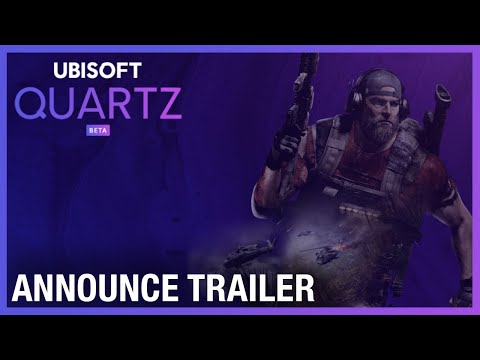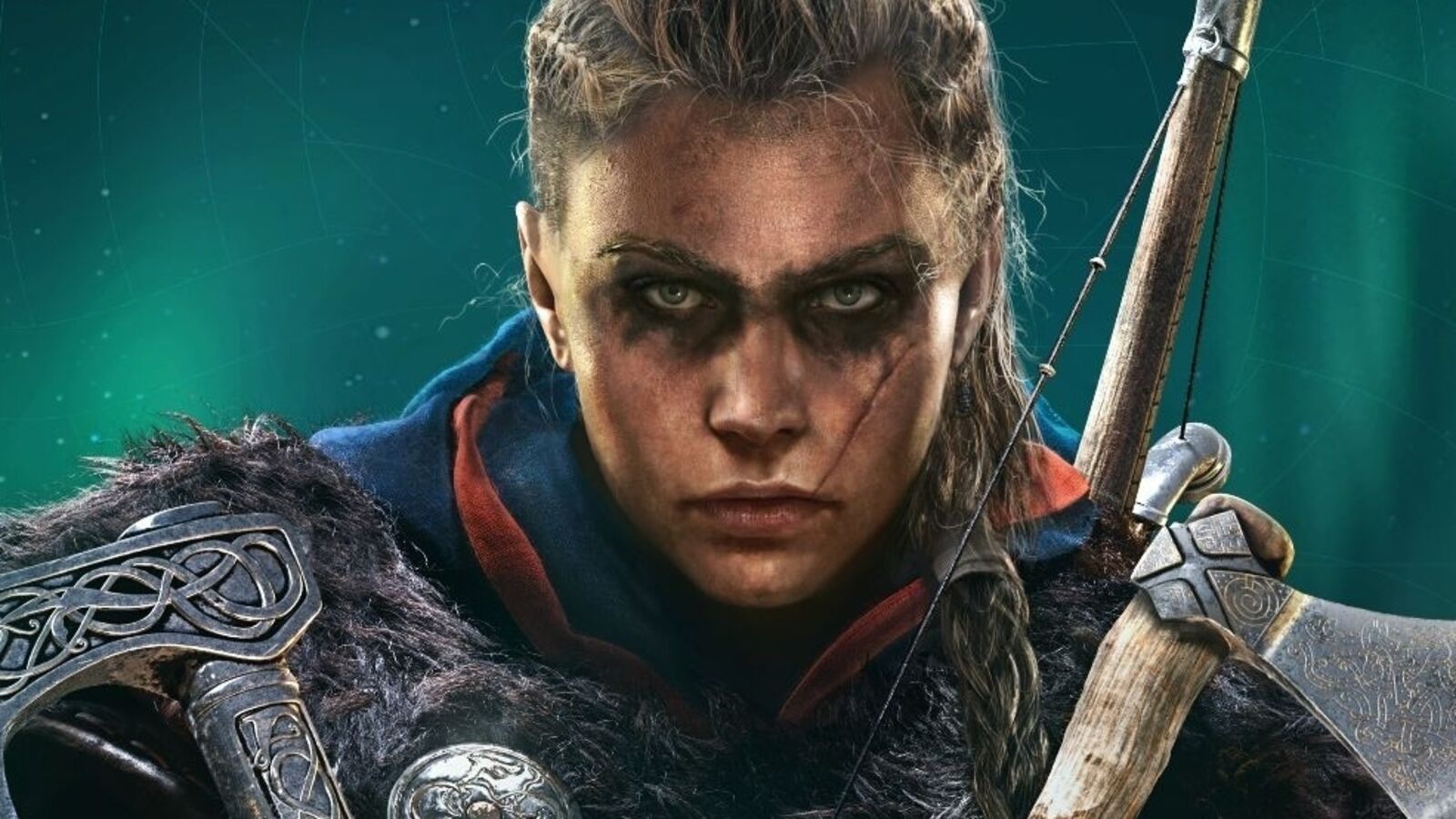
Ubisoft has hopped aboard the NFT hypetrain by launching Ubisoft Quartz, an non-fungible token (NFT) program that they’re using to sell limited edition in-game cosmetics. Thankfully they’ve chosen to base this scheme on the proof-of-stake Tezos blockchain, instead of the energy-gobbling Etherium.
The first game to support Ubisoft Quartz will be Ghost Recon Breakpoint, being integrated in a new PC beta to start with. On offer will be a range of DLC cosmetics known as Digits that are sold in limited numbers, each one marked in game by a specific issue number. These can be sold on later down the line, transferring ownership to other people.
Ubisoft is initially launching Quartz in a select few countries: US, Canada, Spain, France, Germany, Italy, Belgium, Australia and Brazil.
While more energy efficient than Etherium or Bitcoin transactions – it uses 1 million times less energy than the latter to process a transaction – it’s still not the most efficient thing in terms of energy consumption. Ubisoft’s blockchain technical director Didier Genevois labelled Tezos said that “One transaction on [the Tezos] network uses the same amount of energy as streaming 30 seconds of video, while the previous generation of blockchain networks can consume the same energy required for one year of non-stop streaming.”
In an FAQ, they also note that “Ubisoft Quartz’ energy consumption is equal to that of a standard database.”
In fact, you have to wonder what meaningful value Ubisoft Quartz actually adds, outside of Ubisoft now having a system built on the buzziest of tech buzz words from the last few years. EA, Square Enix, Ubisoft and others have all been looking at NFTs as a new way of monetising their games. In fact, the only company that’s publicly shut down the NFT craze is Valve, who stated that they will not allow NFT-based games on Steam.
The appeal of NFTs on a conceptual level is that a purchaser has ownership of that digital good.
“Each Digit comes with a certificate of ownership stored on blockchain, a decentralised, community-driven technology independent from Ubisoft, which grants players more control than ever. With Digits, items are no longer bound to a player’s game inventory since they can be put on sale for other eligible players to acquire on third-party platforms outside of the Ubisoft ecosystem.”
But here’s the thing: you don’t need NFTs in order to be able to create unique (more specifically, serialised) in-game items, you don’t need NFTs in order to track ownership, and you don’t need NFTs in order to let you sell on in-game goods or to let your character track your in-game accomplishments. All of that is possible using traditional online accounts and infrastructure – Diablo 3’s Auction House, Second Life, and numerous other games all say hello – but companies have been loathe to legitimise the notion that in-game goods are worth actual money.
NFTs also guarantee you nothing in terms of being able to use your purchase outside of the ecosystem you bought it. To take a Ubisoft Quartz purchase to another game or experience, it will require Ubisoft to build in support to their own games (which they can simply choose not to do if, for example, your spec ops camo outfit wouldn’t fit the style of Assassin’s Creed), or to sign agreements with other developers and publishers to have equivalent assets created in their games. That is far, far easier said than done. Don’t expect it to happen any time soon.
Oh, and Ubisoft can scrap the whole program at any time and leave you with purchases that are just as worthless as all the other DLC cosmetics in their games would become after servers are shut down.
For now, these are just another way for Ubisoft to lure people into buying flashy cosmetics for (what we assume will be) high prices.
Source: YouTube


